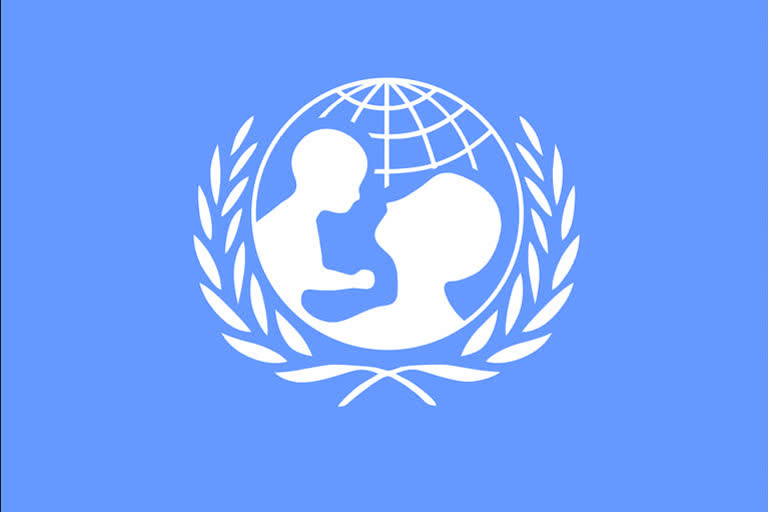New Delhi: Dr Yasmin Ali Haque, a representative of UNICEF in India, raised serious concerns regarding the mental health and well being of children, especially in the context of the pandemic induced stress they have been experiencing.
"Psychosocial support from teachers, parents and caregivers is a priority. Supportive structures and actions which help children and caregivers manage stress, fear and anxiety need to be strengthened. Over the past year, we have seen an increased risk of violence faced by children. We need to join forces to build a caring structure for girls and boys to help their psychological wellbeing as much as their physical safety," said Haque.
Also read: Mental Health Most Impacted During COVID-19, Says Student's Survey
During the pandemic, UNICEF had trained over 8,000 functionaries from childline, civil society networks, district child protection units, child care institutions and one-stop centre functionaries to provide psychosocial first aid. Approximately, 4,46,180 children, adolescents, and their parents, as well as caregivers (48 percent girls and 52 percent boys), were reached in 17 states with mental health and psychosocial support, the United Nations agency said.
It is learnt that at least 1 in 7 children-or 332 million globally-have lived under required or recommended nationwide stay at home policies for at least nine months since the start of the Covid19 pandemic, putting their mental health and well being at risk. According to the analysis, 139 million children globally have lived under required nationwide stay at home orders for at least nine months since Covid19 was characterised as a pandemic in 2020.
Also read: Trusted Support May Help Teens Battle Depression
"With nationwide lockdown and pandemic related movement restrictions, it has been a long year for all of us, but especially for children," said UNICEF Executive Director Henrietta Fore.
According to the World Health Organisation (WHO), the Covid19 pandemic has disrupted or halted critical mental health service in 93 percent of the countries worldwide, while the demand for mental health support has been increasing.
A study from 194 cities in China found that 16 percent of respondents reported moderate to severe depressive symptoms during the pandemic, and 28 percent moderate to severe anxiety symptoms.



